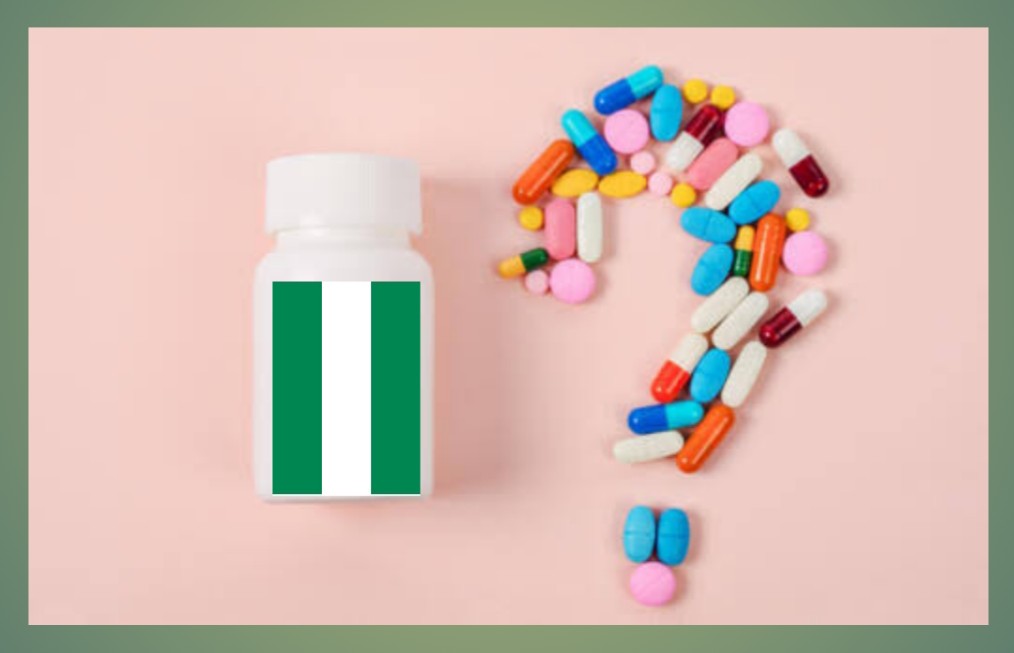Staph infections are caused by staphylococcus bacteria, types of germs commonly found on the skin or in the nose of even healthy individuals. Most of the time, these bacteria cause no problems or result in relatively minor skin infections. But staph infections can turn deadly if the bacteria invade deeper into your body, entering your bloodstream, joints, bones, lungs or heart. A growing number of otherwise healthy people are developing life-threatening staph infections. Treatment usually involves antibiotics and drainage of the infected area.
However, Nigerian health experts are worried over the influx of fake and substandard drugs into the country, which they complain is endangering the public’s health despite many attempts to stem the problem, the issue of fake drugs particularly antibiotics still persists. According to the BBC, the routes criminal groups are taking are becoming increasingly complex. “They are getting wiser. If you block a route, they will find a different one. This is why it is a big problem in West Africa and Nigeria”.
Diagnosis
To diagnose a staph infection, your doctor will:
Perform a physical exam. During the exam, your doctor will closely examine any skin lesions you may have.
Collect a sample for testing. Most often, doctors diagnose staph infections by checking a tissue sample or nasal secretions for signs of the bacteria.
Other tests. If you’re diagnosed with a staph infection, your doctor may order an imaging test called an echocardiogram to check if the infection has affected your heart. Your doctor may order other imaging tests, depending on your symptoms and the exam results.
Treatment
Treatment of a staph infection may include:
Antibiotics. Your doctor may perform tests to identify the staph bacteria behind your infection, and to help choose the antibiotic that will work best. Antibiotics commonly prescribed to treat staph infections include certain cephalosporins. Examples of cephalosporins includes:
- Ancef and Kefazol (cefazolin)
- Ceclor and Cefaclor (cefaclor)
- Cefdinir.
- Ceftin and Zinacef (cefuroxime)
- Duricef (cefadroxil)
- Keflex and Keftabs (cephalexin)
- Maxipime (cefepime)
- Rocephin (ceftriaxone)
Vancomycin increasingly is required to treat serious staph infections because so many strains of staph bacteria have become resistant to other traditional medicines. But vancomycin and some other antibiotics have to be given intravenously.
If you’re given an oral antibiotic, be sure to take it as directed, and to finish all of the medication prescribed by your doctor. Ask your doctor what signs and symptoms you should watch out for that might indicate your infection is worsening.
Wound drainage. If you have a skin infection, your doctor will likely make an incision into the sore to drain fluid that has collected there.
Device removal. If your infection involves a device or prosthetic, prompt removal of the device is needed. For some devices, removal might require surgery.
Antibiotic resistance
Staph bacteria are very adaptable, and many varieties have become resistant to one or more antibiotics. For example, only about 5% of today’s staph infections can be cured with penicillin. The emergence of antibiotic-resistant strains of staph bacteria — often described as methicillin-resistant Staphylococcus aureus (MRSA) strains — has led to the use of IV antibiotics, such as vancomycin or daptomycin, with the potential for more side effects.
If Given Antibiotics…
If your doctor does decide to prescribe antibiotics, it is important that you follow all dosing instructions carefully and completely. This is true for any medications your doctor may prescribe.
- Read the label on the medication bottle, along with any handouts your doctor gave you about your medication. Follow all instructions.
- Do not share your medication.
- Do not save your medication for when you get sick again. It is important to take all of your antibiotics, even if you start to feel better. Not finishing them may allow some of the infecting bacteria to remain alive in your body, which can cause another infection.
Although generally safe, if you are taking antibiotics there are some other things you should know:
- Antibiotics might cause side effects or allergic reactions.
- Antibiotics may change the effectiveness of other medications you are taking. This includes birth control pills.
There may be bad bacteria (the ones antibiotics are designed to fight), but there are also good bacteria, like the ones that live in our digestive system to help us break down food. Antibiotics cannot tell the difference and kill good bacteria in the process. This can cause upset stomach, diarrhea, vaginal infections in women, and other unpleasant symptoms.
It is important to tell your doctor if you are pregnant, think you may be pregnant, or are nursing. Certain antibiotics may be harmful to your baby. ALSO SEE: Gonorrhea Shot Treatment and Side Effects





